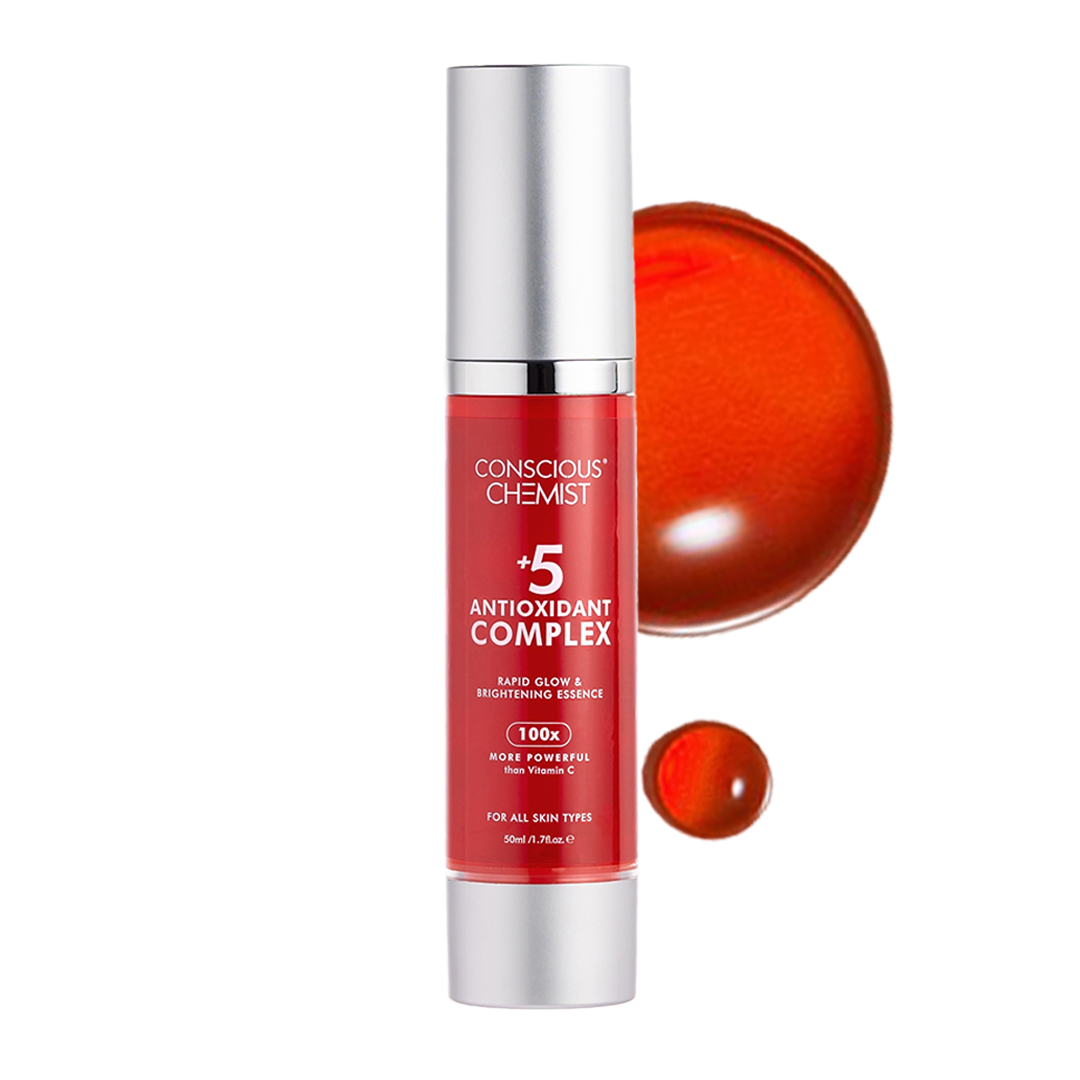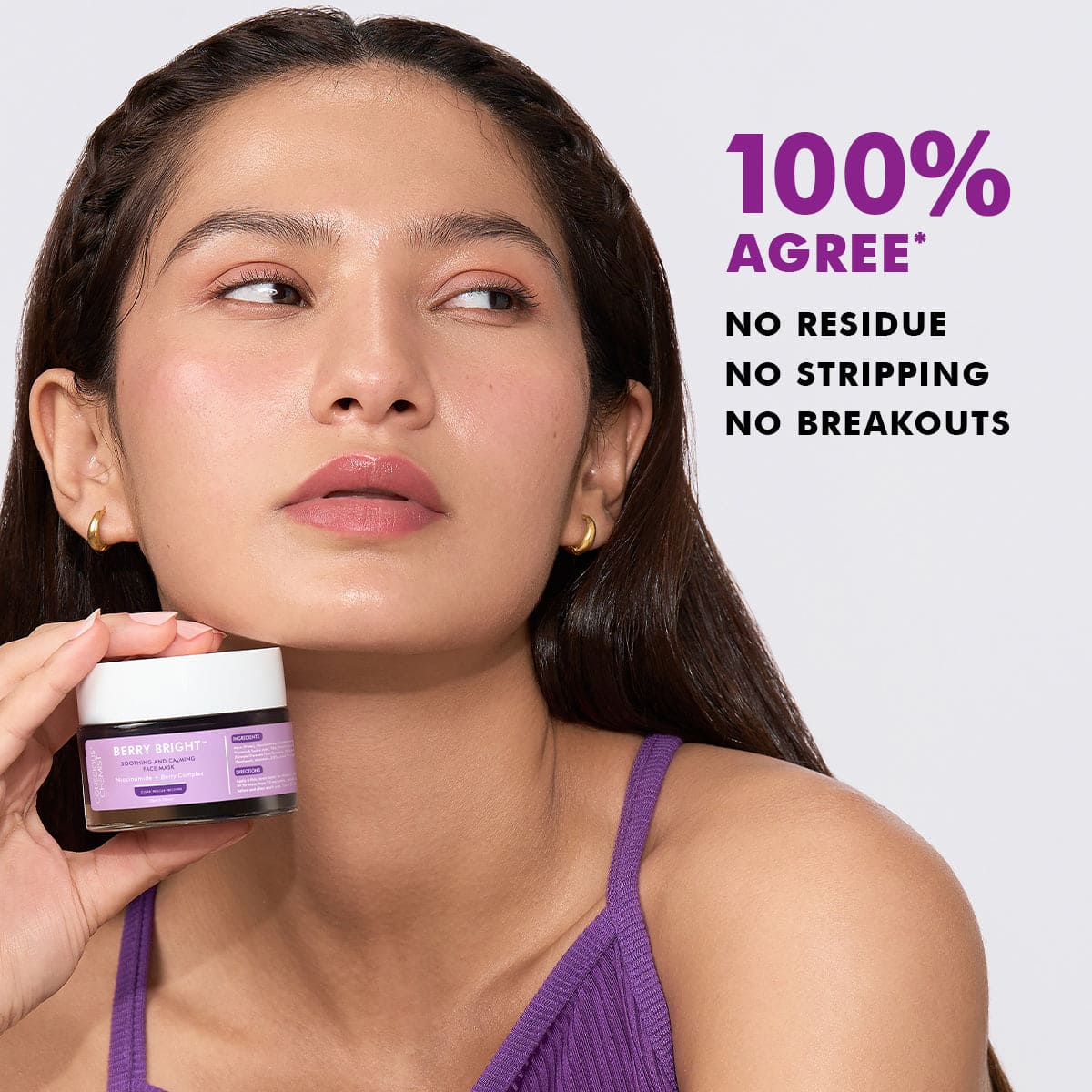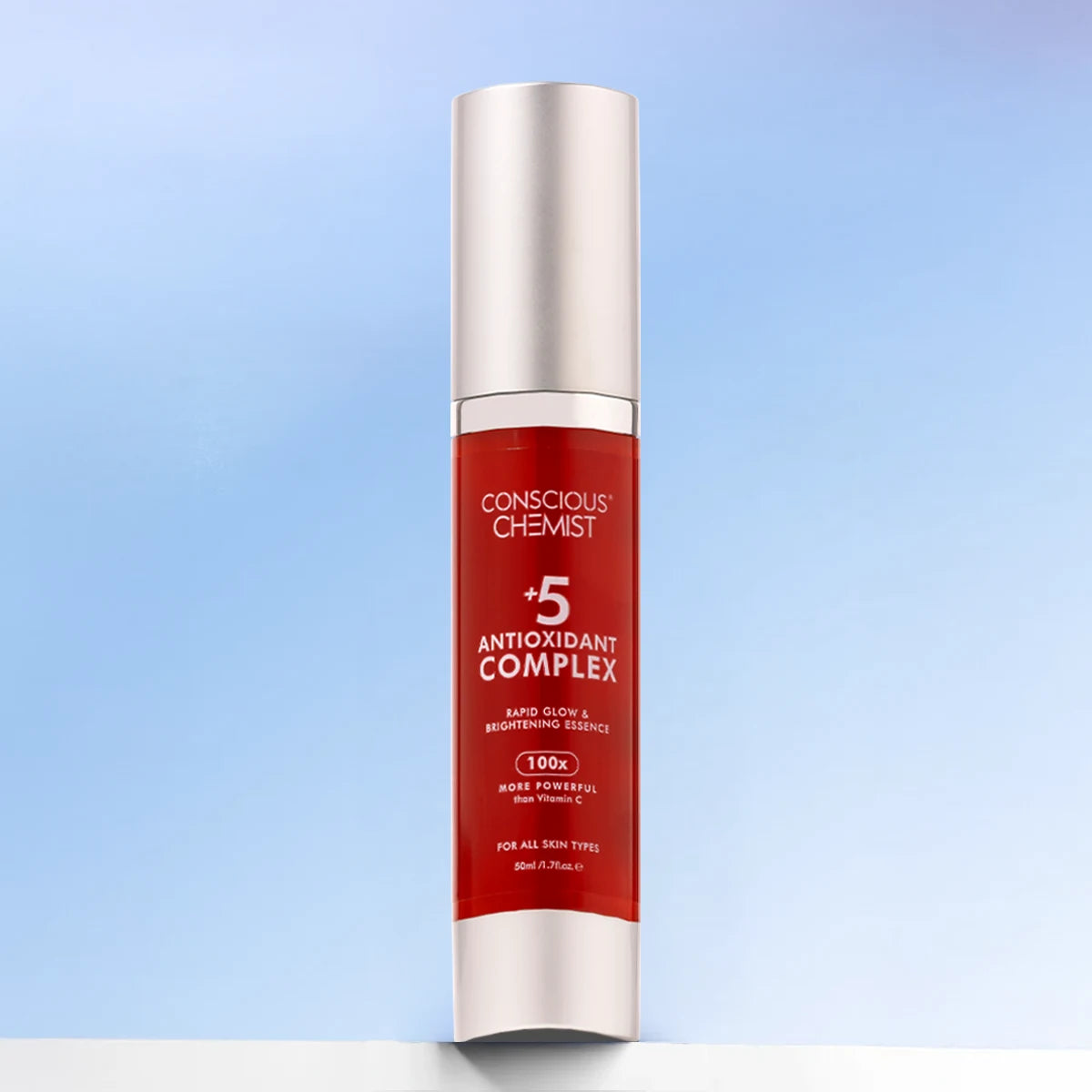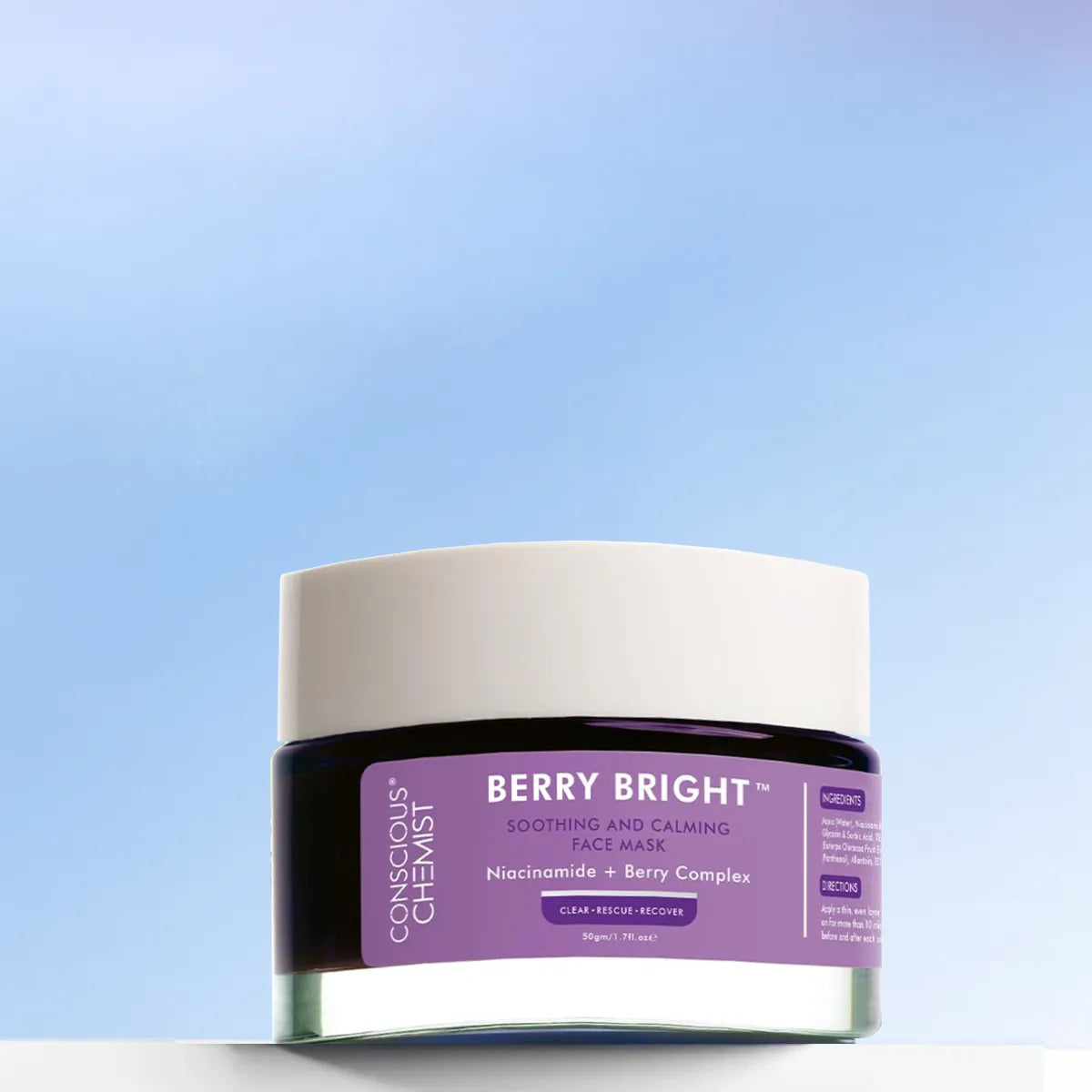FAQ's
Welcome to our FAQ! We're thrilled to have you here and as a valued client. We have addressed the most common questions for your convenience.
Skin Type
Below are some common questions about Skin type
What are the main skin types?
The main skin types are Normal, Dry, Oily, Combination, Sensitive, and Acne-prone.
How do I determine my skin type?
You can determine your skin type by washing your face with a gentle cleanser, waiting 30 minutes, and then observing your skin's appearance. If it looks shiny, you have oily skin. If it feels tight, you have dry skin. If it looks balanced, you have normal skin. If you have a mix of oily and dry areas, you have combination skin.
What are the characteristics of each skin type?
- Normal skin: balanced, neither too oily nor too dry
- Dry skin: tight, flaky, prone to irritation
- Oily skin: shiny, greasy, prone to blackheads
- Combination skin: mix of oily and dry areas
- Sensitive skin: easily irritated, red, itchy
- Acne-prone skin: frequently breaks out with pimples, acne
Can my skin type change?
Yes, your skin type can change due to hormonal fluctuations, climate, diet, and other factors.
Can I have multiple skin types at once?
Yes, it's common to have combination skin or sensitive skin in addition to another skin type.
How often should I moisturize based on my skin type?
- Normal skin: 1-2 times a day
- Dry skin: 2-3 times a day
- Oily skin: 1 time a day or as needed
- Combination skin: vary moisturizing frequency based on area
- Sensitive skin: use gentle, fragrance-free moisturizer as needed
- Acne-prone skin: use non-comedogenic moisturizer as needed
Skin Concern
Below are some common questions about Skin Concern
How can I reduce acne breakouts?
Maintain good hygiene, use non-comedogenic products, exfoliate regularly, manage stress, and consider spot treatments.
What causes dark spots and hyperpigmentation?
Dark spots and hyperpigmentation can result from sun exposure, hormonal changes, inflammation, or skin injuries. Use sunscreen, vitamin C, and niacinamide to help reduce their appearance.
How can I alleviate dry skin?
Moisturize frequently, use gentle cleansers, avoid harsh products, and consider humidifying your environment.
What are the signs of aging skin?
Aging skin may show fine lines, wrinkles, age spots, loss of firmness, and reduced skin elasticity. Use retinol, vitamin C, and sun protection to help combat these signs.
Can I prevent stretch marks?
Maintain a healthy weight, moisturize regularly, and consider using products with cocoa butter, vitamin E, or retinol to reduce the appearance of stretch marks.
How can I soothe sensitive skin?
Use gentle products, avoid irritants, and consider using soothing ingredients like cica, ceramide, azelaic acid.
What are the symptoms of skin conditions like eczema or psoriasis?
Eczema and psoriasis can cause redness, itching, dryness, and scaly patches. Consult a dermatologist for proper diagnosis and treatment.
Routine
Below are some common questions about Routine
What is the best skincare routine for my skin type?
The best skincare routine for your skin type depends on your individual skin concerns, needs, and goals. Generally, a consistent routine should include cleansing, toning, moisturizing, and sun protection.
How often should I wash my face?
Wash your face twice a day (morning and night) to remove dirt, oil, and impurities. Over-washing can strip your skin of its natural oils.
What are the benefits of exfoliating?
Exfoliating helps remove dead skin cells, unclog pores, improve skin texture, reduce acne, and enhance skin brightness.
How often should I exfoliate?
Exfoliate 1-3 times a week, depending on your skin type and needs. Over-exfoliating can cause irritation and dryness.
How long will it take to see results from my skincare routine?
Results may vary, but consistency and patience are key. Give your skincare routine at least 30 days to show noticeable improvements.
Can I use multiple products with active ingredients at the same time?
Be cautious when combining products with active ingredients. Start with small amounts and gradually increase as needed to avoid irritation or conflicts.
Ingredients
Below are some common questions about Ingredients
What are alpha-hydroxy acids (AHAs) and beta-hydroxy acids (BHAs)?
AHAs (glycolic acid, lactic acid) and BHAs (salicylic acid) are exfoliants that help remove dead skin cells, reduce acne, and improve skin texture.
What is hyaluronic acid, and what are its benefits?
Hyaluronic acid is a natural humectant that retains moisture, soothes dry skin, and reduces fine lines and wrinkles.
What is retinol, and how does it work?
Retinol (vitamin A) stimulates collagen production, reduces fine lines, wrinkles, and acne, and improves skin texture and tone.
What are antioxidants, and why are they important in skincare?
Antioxidants (vitamin C, vitamin E, ferulic acid) neutralize free radicals, protecting the skin from environmental stressors, pollution, and damage.
What is the difference between physical sunblocks (zinc oxide, titanium dioxide) and chemical sunblocks (oxybenzone, avobenzone)?
Physical sunblocks create a physical barrier, while chemical sunblocks absorb UV rays. Both types offer protection, but physical sunblocks are often preferred for sensitive skin.
What is the difference between moisturizing and hydrating ingredients?
Moisturizing ingredients (ceramides, fatty acids) lock in moisture, while hydrating ingredients (hyaluronic acid, glycerin) attract and retain moisture.
Are natural ingredients always better for skincare?
Not necessarily. While natural ingredients can be beneficial, some may cause irritation or allergic reactions. Always patch test.





